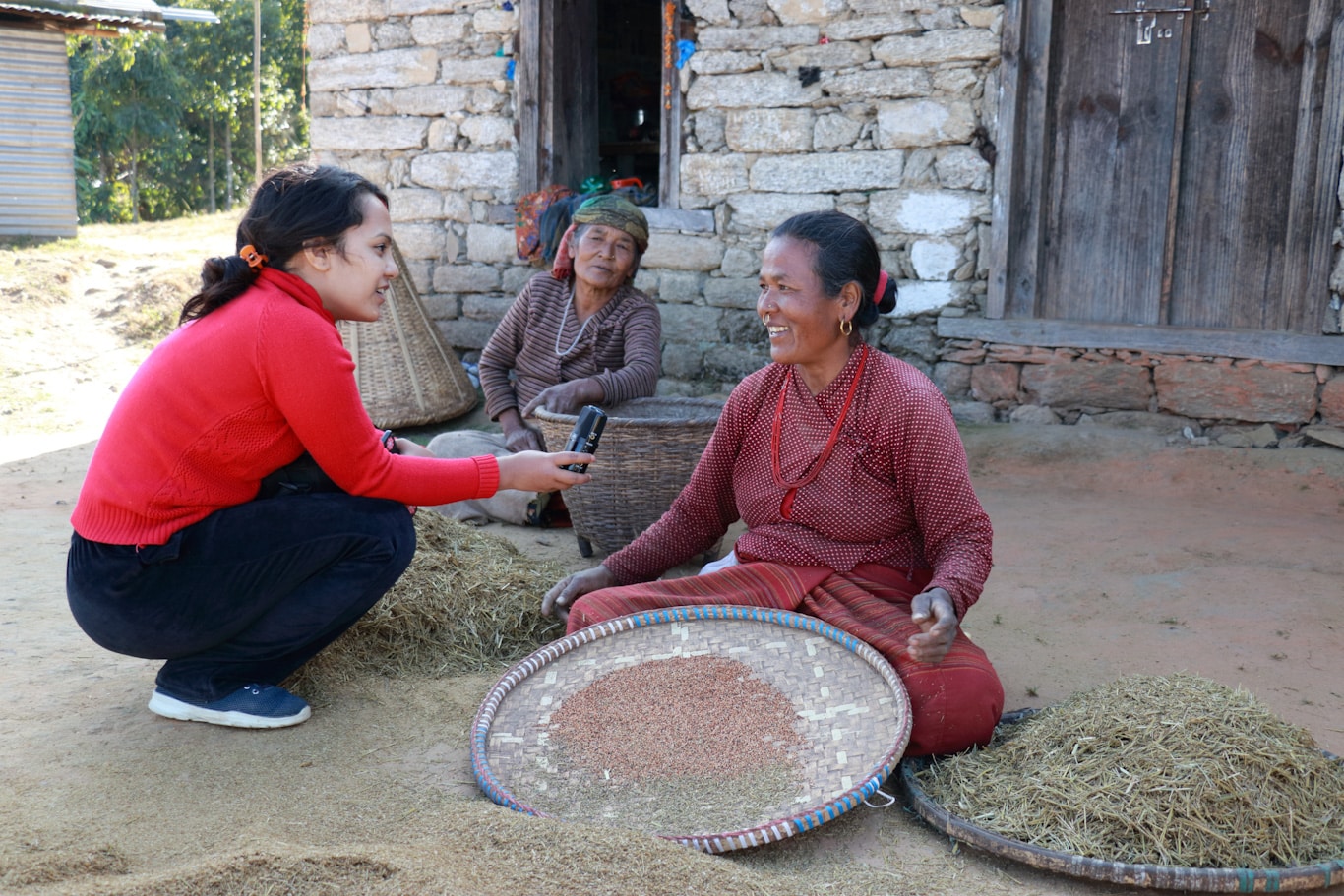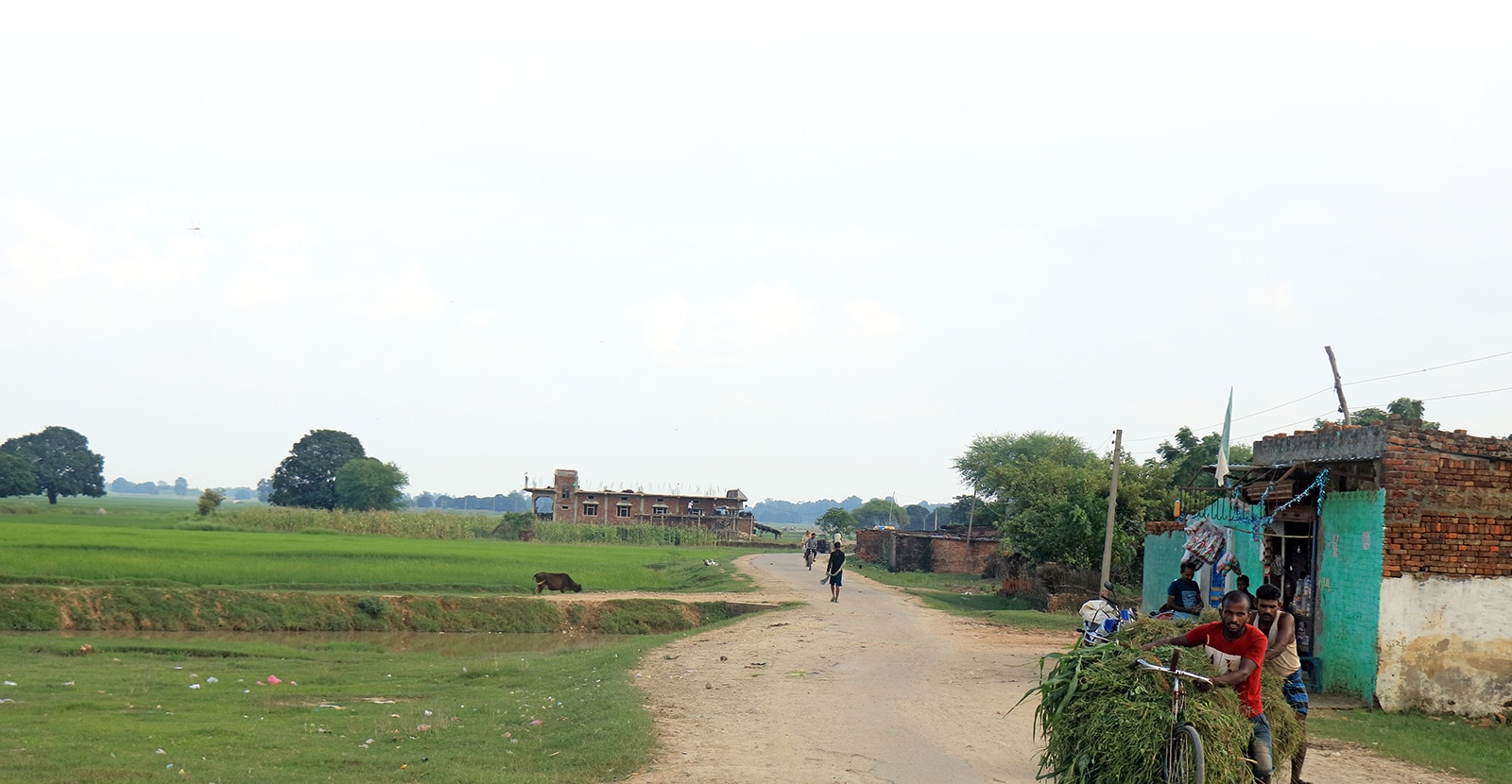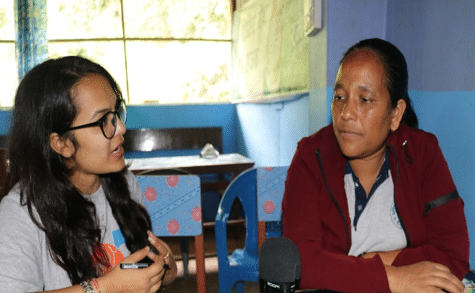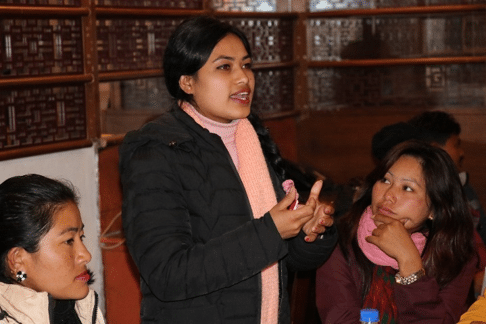

Civil Society: Mutual Accountability Project (CS:MAP)
A healthy democracy is founded on the pillars of social equity and justice. EAI responds to this need by fostering civic engagement at the sub-national level through media, communication, ICT4D, and direct community outreach. 2016-present
A Project of —
Nepal

EAI partners with FHI 360, the International Center for Not-for-profit Law, and an array of civil society organizations, on USAID’s Civil Society: Mutual Accountability Project (CS:MAP) in Nepal. Implemented from April 2016 to March 2021, the goal of the project is to foster a legitimate, accountable, and resilient Nepali civil society capable of advancing the public interest.
Nepal’s efforts at establishing democracy were impeded by autocratic monarchy, royal coups, and a decade-long civil war. A new constitution promulgated in 2015, signaled, for most Nepalis, the arrival of much needed peace and stability. Easier access to improved public resources and services lay behind the unprecedented constitutional devolution of power to sub-national governments. CS:MAP was conceived, recognizing civil society role for engaging in public policy reform; oversight of public resource use and service delivery; improving public perception of civil society; and safeguarding the gains ushered in by multiple sociopolitical transformations.
EAI mobilizes its expertise in media, communications, ICT4D, and direct community outreach to promote civic engagement in matters of public interest. Our efforts are geared towards moving beyond the privileged elite, to inspire traditionally marginalized women, youth, and communities to engage with their local governments. Our interactive media products discuss how such engagement is important in advocating and lobbying for public policy concerns, especially those surrounding education, health, agriculture, and disaster risk management.
We engender dialogue on the importance of collective voice, leading to collective action in the oversight of public resources and services, especially those that target youth, women, and marginalized communities. We discuss the importance of civic groups for keeping governments honest to their election manifestos and promises; initiate and support campaigns aimed at improving youth participation in addressing corruption; build civil society capacity to communicate strategically with their constituents and stakeholders; and local media capacity to collaborate with civic groups in bolstering advocacy and oversight efforts. We build media and community capacity to carry out grassroots investigative research, to generate evidence to inform their advocacy efforts.
Sajha Boli – Collective Voices
Over the course of the past three years, we have built the capacity of local FM radio stations to produce episodes of Sajha Boli, or “Collective Voices,” that calls citizens to action on issues of local governance and public interest; trained sub-national journalists on the importance of investigative journalism as a tool for informed and evidence-based advocacy; trained youth within communities as public interest reporters and researchers; organized campaigns utilizing ICT and social media to call citizens to action; and encouraged digital engagement of citizens through platforms like interactive voice responses (IVR) and MeroReport .
The Sajha Boli radio program is a powerful outlet for raising community needs to a large audience of elected officials and topical experts that have the authority and knowledge to help address those needs.
The Evolution of the Content Advisory Group (CAG) Platform
The CAG is an example of how we support civic engagement as a continuum, from information provision to trust building to empowerment. EAI established the CAG in 2003 as a methodology for designing content framework and story lines for its radio programs. Topical and communication experts participate in the CAG depending upon program need. Interestingly, radio stations that partnered with EAI in the past have adopted the methodology for content design purposes. Over time, and lately on CS:MAP, the CAG has discreetly morphed into a forum for multi-sectoral engagement on local governance.
In June 2016, the first CAG meeting for CS:MAP was conducted in the participation of civil society and media representatives. Following elections to sub-national governments in 2017, we involved elected representatives and government officials in CAG meetings, especially to learn of policy directions that federal, provincial, and local governments pursued and their plans for ensuring public participation in policy dialogues.

This strategy was beneficial as it allowed Sajha Boli radio episodes to include information about most current and updated government priorities, plans, and policies. Moreover, CAG meetings allowed stakeholders to seek commitment and partnership from one another. As a result, civil society, media, and government representatives have been able to build understanding and strong working relationships – important in ensuring constructive civic engagement in matters of public interest.
The CAG meetings serve as a good platform to interact with journalists, civil society, and other stakeholders, and better understand public perceptions and grievances related to the municipality’s performance. The process of generating issues for radio content through such meetings is quite innovative as it helps raise most pressing issues as priority. As participants provide me with useful feedback, I prioritize this meeting above everything else. – Prem K. Sunar, Deputy Mayor of Musikot

Manish Khadka, Sajha Boli producer at Sano Bheri FM, describes how they produced radio magazines supported by various organizations, but never practiced a mechanism like the CAG. “I observed the CAG meetings as more useful after we included local government participation. As elected representatives, they interact regularly with all kinds of people, and this enriches our discussions and content. We now have easy access to government offices and a more cordial working relationship. They call to provide feedback, and this shows that they are listening to Sajha Boli.”
Impact & Reach of this Project
5,000
Individuals have participated in the ‘SMS My Voice’ campaigns since January 2017. 30% female and 70% youth.
20,000
IVR calls since the first broadcast of 'Sajha Boli' in 2016.
102
Listening and Discussion Groups reaching over 1,530 youth
Partner with Us
To support civic organizations and governments in building healthy and strong democracies.